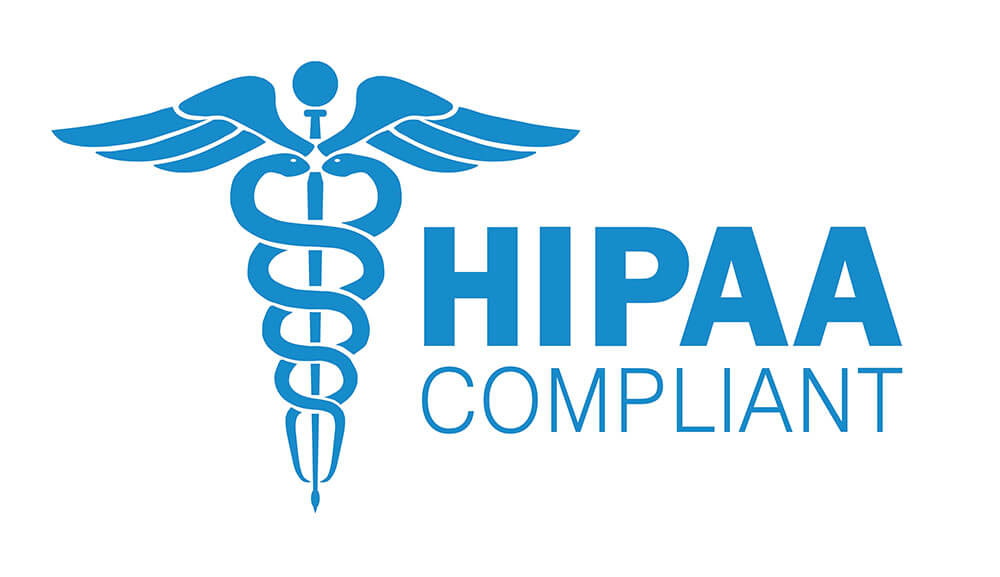Contents
HIPAA is a set of regulations that protect the privacy of individuals who use health care services. The regulations apply to all organizations that provide or receive health care, including hospitals, clinics, doctor’s offices, and insurance companies. HIPAA requires organizations to create and maintain records that show how they have protected the privacy of patients. HIPAA compliance can be a complex and time-consuming process, but it’s important to ensure that your organization is following the correct guidelines. Thus, you can always reach out to Cosmomed’s physician answering service that will be able to help you, thereby saving time and resources.
The HIPAA Privacy and Security Rules are a set of regulations that govern the privacy and security of health information. Businesses that store, transmit, or receive health information are subject to the rules. HIPAA compliance requires organizations to take a number of steps to protect the privacy of patients. These steps include ensuring that all information is properly protected, using secure communication channels, and restricting access to patient data. HIPAA also requires organizations to notify patients if their information is compromised. HIPAA compliance software can help businesses comply with the rules. Following are some HIPAA rules to comply with:

#1 Privacy Rule
The Privacy Rule applies to all organizations that collect or maintain personal information about individuals. It sets out general requirements for how organizations must collect, use, and disclose personal information. Organizations must take reasonable steps to ensure that personal information is collected only from individuals who consent to its collection, use, and disclosure and that it is accurate and complete. They must protect personal information from unauthorized access, destruction, alteration, or unauthorized use. Finally, organizations must provide individuals with clear and effective means of accessing their personal information and correcting any inaccurate or incomplete information.
#2 HIPAA Security Rule
The HIPAA Security Rule applies to all organizations that process health care data in any form. It requires these organizations to take steps to protect the privacy of health care data by encrypting it when it is transmitted over electronic networks, limiting access to health care data by employees who do not have a legitimate reason to access it (such as administrators), creating security policies and procedures governing the handling of health care data, conducting periodic risk assessments of their systems and practices related to the protection of patient privacy, reporting significant incidents involving unauthorized access or unlawful use of health care data within 72 hours to the HHS Office for Civil Rights, and making other necessary security arrangements.
#3 Breach Notification Rule
The HIPAA Breach Notification Rule provides that organizations must promptly notify individuals who may be affected by a breach of their privacy rights. The notification must include the following information: (1) the date and time of the breach, (2) the type of data stolen, (3) the name and contact information of individuals who may be affected by the breach, and (4) a description of steps that individuals can take to protect themselves. The rule also requires organizations to provide periodic updates about breaches until the data is no longer endangered.
The Breach Notification Rule requires companies that maintain personal information about individuals to promptly notify individuals if their personal information is breached. Under the rule, a breach is defined as any unauthorized access to personal information that results in damage or destruction of the information or any unauthorized use of the information. The rule applies to both public and private sector entities, including companies that operate websites and those that do not.
#4 The Omnibus Rule
The Omnibus rule broadens HIPAA’s reach to organizations that do not currently fall within the scope of the law. The rule expands HIPAA’s definition of a covered entity to include “covered entities that conduct activities for or on behalf of third-party clients.” This means that if an organization provides services to a third-party client – such as marketing or customer support – it is now subject to HIPAA regulations. Organizations should take note of this change and ensure that their policies and procedures comply with the new requirements. Failure to do so could result in sanctions from HIPAA regulators, including fines and possible loss of business.
Final Thoughts
One key requirement is ensuring that all electronic health records (EHRs) are properly secured. By following appropriate security protocols, healthcare organizations can protect patient data from unauthorized access, use, or disclosure. Additionally, proper implementation of incident response plans can help identify and respond to any potential security incidents. HIPPA compliance also requires that healthcare organizations take steps to protect patient rights. HIPPA compliance software can help organizations properly track and manage HIPAA compliance requirements, making it easier to comply with all of the relevant rules. Overall, compliance with HIPAA requirements is essential for both patients and healthcare providers. By following the appropriate guidelines and protocols, healthcare organizations can safeguard patient data and protect against potential security breaches.



